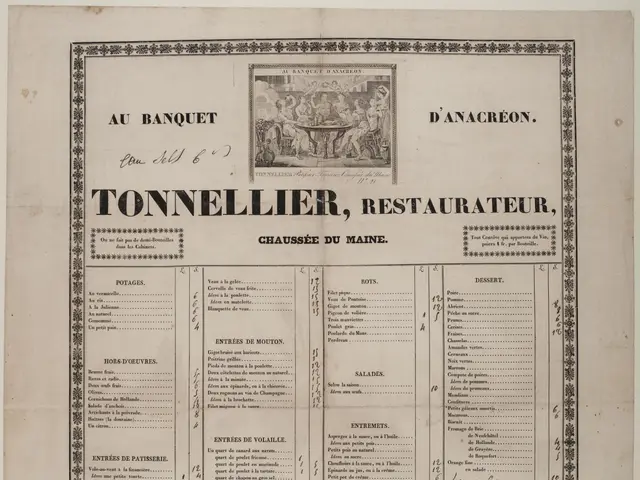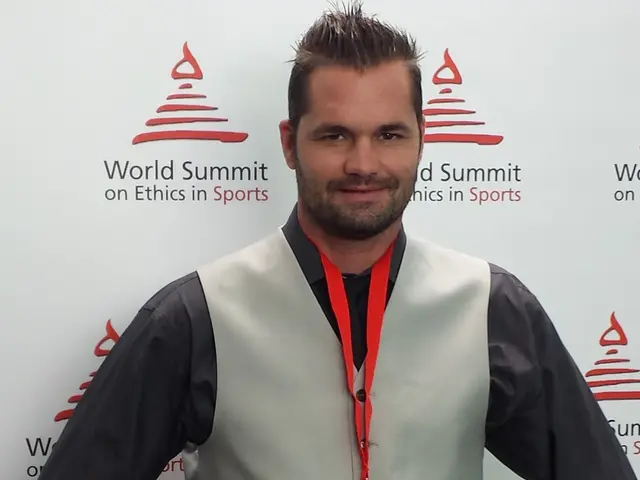Wagering on Your Own Squad: Is It Worth It?
In the heart of the 2015 Champions League round of 16, an Arsenal fan, bettor, and analyst found himself in a unique position. With a deep understanding of his team's strengths and weaknesses, he took a calculated risk, betting on a 2-0 win by Arsenal against Monaco.
The author's prediction was rooted in careful analysis. Arsene Wenger's recent ominous record in the Champions League round of 16 games was a significant factor in his decision. However, he was also mindful of the challenges that lay ahead. Monaco's defensive unit was strong, having not lost any game by more than 3 goals in their past 20 games.
The author's personal experience as a diehard Arsenal fan demonstrates the challenges of balancing support for one's team with objective betting analysis. Emotional attachment to a team can cloud one's judgment and lead to biased betting decisions, particularly in rival games. This is why the author emphasises the importance of separating feelings from objectivity in betting.
Juggling the roles of a sports fan, analyst, and bettor requires practice, discipline, and self-awareness. Being a dedicated fan of a team often leads to staying updated on crucial information about the team and its opponents, which can be beneficial for informed betting decisions. However, ignoring research on an opponent while focusing excessively on one's own team can compromise objectivity and lead to poor betting decisions.
The author also points out that it is possible to bet on one's own team or against it. Familiarity with one's own team can provide an advantage in sports betting due to knowledge of past betting trends, team records, and tendencies. However, overconfidence in one's own team can result in excessive betting, which can lead to significant losses if the team does not perform as expected.
In this instance, the author's prediction and bet paid off. Arsenal scored two goals, securing a 2-0 win. However, Arsenal did not qualify for the next round, a result that left the author disappointed.
The author's experience serves as a reminder that there is no exact science to betting and no guarantees of always being right. With time, patience, practice, and self-awareness, one can increase the chances of making the right betting decisions. It's all about maintaining objectivity, staying informed, and being mindful of one's own biases.








